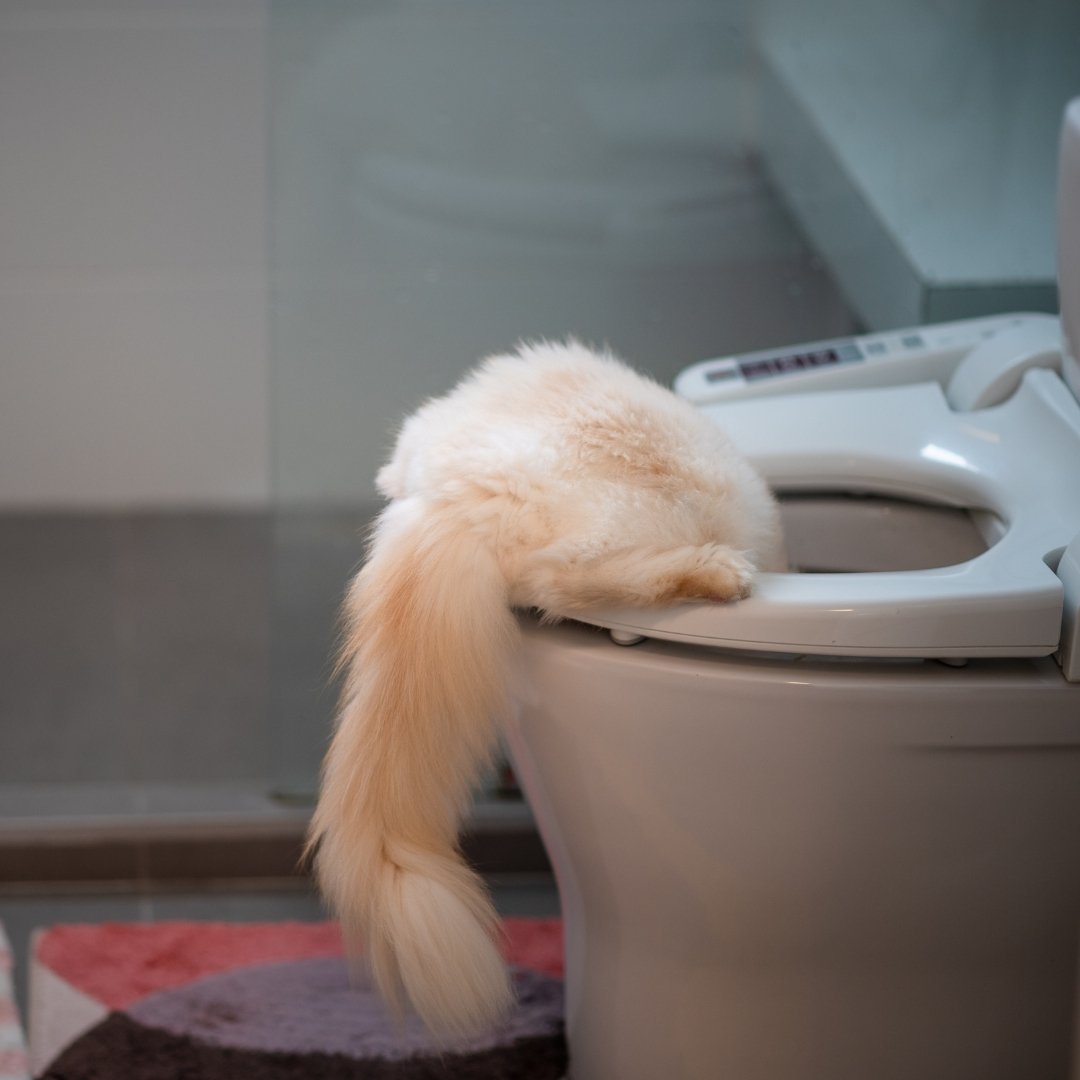Reasons Flushing Cat Poop Down Your Toilet Isn't a Good Idea - Tips for Safer Disposal
Reasons Flushing Cat Poop Down Your Toilet Isn't a Good Idea - Tips for Safer Disposal
Blog Article
They are making a few great points regarding How to Dispose of Cat Poop and Litter Without Plastic Bags as a whole in this great article just below.

Intro
As feline owners, it's vital to be mindful of exactly how we throw away our feline buddies' waste. While it might appear convenient to flush pet cat poop down the toilet, this practice can have destructive effects for both the environment and human health and wellness.
Alternatives to Flushing
The good news is, there are safer and more responsible methods to throw away pet cat poop. Consider the following alternatives:
1. Scoop and Dispose in Trash
The most usual technique of disposing of feline poop is to scoop it into a naturally degradable bag and toss it in the trash. Make sure to utilize a committed clutter inside story and throw away the waste immediately.
2. Usage Biodegradable Litter
Go with eco-friendly pet cat clutter made from products such as corn or wheat. These clutters are eco-friendly and can be securely disposed of in the trash.
3. Bury in the Yard
If you have a backyard, think about burying feline waste in an assigned area far from veggie yards and water resources. Make sure to dig deep enough to avoid contamination of groundwater.
4. Mount a Pet Waste Disposal System
Buy a pet dog garbage disposal system particularly created for pet cat waste. These systems utilize enzymes to break down the waste, decreasing smell and environmental impact.
Health Risks
Along with environmental concerns, purging pet cat waste can also position health threats to human beings. Feline feces may have Toxoplasma gondii, a parasite that can cause toxoplasmosis-- a possibly extreme health problem, especially for pregnant ladies and individuals with damaged immune systems.
Environmental Impact
Flushing pet cat poop presents dangerous microorganisms and parasites right into the water system, positioning a significant threat to water communities. These contaminants can adversely impact aquatic life and compromise water quality.
Verdict
Accountable pet dog ownership expands beyond providing food and sanctuary-- it also includes proper waste administration. By refraining from purging cat poop down the commode and selecting different disposal techniques, we can minimize our ecological impact and protect human health and wellness.
Why You Should Never Flush Cat Poop Down the Toilet
A rose by any other name might smell as sweet, but not all poop is created equal. Toilets, and our sewage systems, are designed for human excrement, not animal waste. It might seem like it couldn’t hurt to toss cat feces into the loo, but it’s not a good idea to flush cat poop in the toilet.
First and foremost, assuming your cat uses a litter box, any waste is going to have litter on it. And even the smallest amount of litter can wreak havoc on plumbing.
Over time, small amounts build up, filling up your septic system. Most litter sold today is clumping; it is made from a type of clay that hardens when it gets wet. Ever tried to scrape old clumps from the bottom of a litter box? You know just how cement-hard it can get!
Now imagine just a small clump of that stuck in your pipes. A simple de-clogger like Drano isn’t going to cut it. And that means it’s going to cost you big time to fix it.
Parasitic Contamination
Believe it or not, your healthy kitty may be harboring a nasty parasite. Only cats excrete Toxoplasma in their feces. Yet it rarely causes serious health issues in the cats that are infected. Most people will be fine too if infected. Only pregnant women and people with compromised immune systems are at risk. (If you’ve ever heard how women who are expecting are excused from litter cleaning duty, Toxoplasma is why.)
But other animals may have a problem if infected with the parasite. And human water treatment systems aren’t designed to handle it. As a result, the systems don’t remove the parasite before discharging wastewater into local waterways. Fish, shellfish, and other marine life — otters in particular — are susceptible to toxoplasma. If exposed, most will end up with brain damage and many will die.
Depending on the species of fish, they may end up on someone’s fish hook and, ultimately on someone’s dinner plate. If that someone has a chronic illness, they’re at risk.
Skip the Toilet Training
We know there are folks out there who like to toilet train their cats. And we give them props, it takes a lot of work. But thanks to the toxoplasma, it’s not a good idea.

I discovered that content about How to Dispose of Cat Poop and Litter Without Plastic Bags while perusing the internet. Don't hesitate to take the opportunity to share this post if you liked it. Many thanks for taking the time to read it.
Suggested Site Report this page